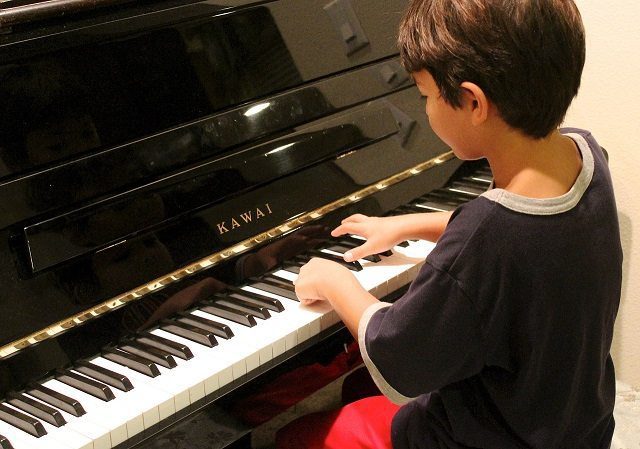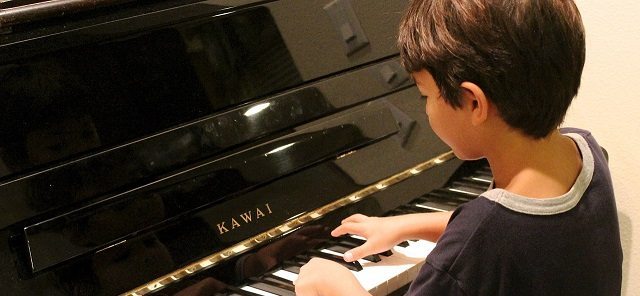[dropcap style=”font-size:100px; color:#992211;”]I[/dropcap] Am As Mad As Hell. Like Peter Finch, I am going to lean out of my window shouting I Am As Mad As Hell.
Join me. Go to your window now.
It has been quite busy inside my head recently. The usual problems – how long is it safe to keep a tin of corned beef in the fridge; where did I leave my glasses, and how did something this bad ever get on to my television? – have all been squeezed to one side. Even that Circle of Hell discussion ‘What are the blues’ has temporarily disappeared….
Instead, two serious issues have loomed up through the little grey cell swamp.
An important discussion about the funding and future of the arts and culture in the UK is in danger of being totally buried by the noise of trough chomping.
First. I gather that if you slip MPs Jack Straw or Sir Malcolm Rifkind some dosh they will be happy to join your side as a cheerleader. For somewhere between £5,000 and £8,000 for a half a day’s work they will “make a speech or something” or get you access to any UK Foreign Ambassador or possibly even the Prime Minister. Hold that exciting thought in your non-greased palm for a moment. I will come back to it.
The Second Issue is that, eventually, The Warwick Commission published its phenomenal final Report on the Future of Cultural Value in Britain. I have in the past got marginally involved in the national discussion about the funding of the “Arts” but I fear that this time this important report, plus the BBC’s ‘Get Creative’ campaign and the launch of Hull as 2017 City of Culture are all in danger of being drowned out by the front page antics of lesser mortals. 
Sadly we have become accustomed to the parlous state of both – the one wallowing in a sea of uncountable (and unaccountable) moolah – and the other scrabbling around in the dust for some spare change. This report is important.
The arts have never had any political traction and with pre-election promises now forgotten, the subject will become a Dead Parrot. The idea that you give money to a school to teach kids about music or art or dance or drama or film takes on on a hollow doomed ring. It doesn’t tick any vote boxes so let’s talk about something else, anything else.
The Warwick Report tackles that question of confused priorities head on. At a time when the ‘creative arts industry’ is showing an unprecedented growth (faster than most other areas) and is a serious force in the economy, this is not a moment to sideline the discussion. On the contrary, most commentators think that if the report is taken seriously, it has the potential to transform the cultural life of the country. They are right. A brave politician would pick that one up and run with it. Yeah.
Nowhere is there a suggestion that the answer is for the Nanny State to step in – and quite rightly so. Sponsorship, patronage and private backing have been part of the arts structure for centuries and you only have to look at the major institutions in say New York or Milan to appreciate that and how well it can work. There is no need to compromise as a result of commercial investment. The real issues raised here centre around funding – on how to nurture the talent, how to cultivate the creative arts as they come through the schools into the community, how to maintain them and make them blossom.
The very idea of the arts helping to provide a richer and more uplifting way of life for the individual, the community and to the country as a whole should not be a day-dream and a political no-go area. The evidence is out there. You don’t need me to point out the extraordinary curative power of music or its neurological benefits; the sheer delight of the local community musical or the magic joy shown in all those random choir shows. It touches all of us and should be dead centre.
What is clear is that while the nation base for the arts is extraordinarily diverse with every type of artist and audience arriving from multi-class and multi-ethnic starting points, two things are still happening that must be arrested. Educational cultural freefall. Just for example, after-school drama and dance classes have dropped by 50%, art classes by 33% and higher education craft courses by 46%. Secondly, at the top of the pyramid (including the Arts Council, Regional Arts Organisations and major national arts organisations and boards and management) the predominance is only representative of the top 8% of the well educated, well heeled and least ethnically diverse group in the country. The Warwick report spells it out and doesn’t mince its words….
“DfE and Ofsted must ensure that all children up to the age of 16 receive a cultural education in order to ensure their life-long engagement and enjoyment as audiences and creators.
The goal is to ensure that those creative and cultural experiences and capabilities that are increasingly being limited to the wealthiest and least representative groups are also made available to all. Without educational intervention we are in danger of allowing a two-tier system in which the most advantaged in social and economic terms are also the most advantaged in benefitting economically, socially and personally from the full range of cultural and creative experiences.”
On the plus side, the advance of digital technology is providing wider access to the creative experience and, particularly for the young, is making inter-action and the creative process both easier and instantly exciting, in music, art and film in particular. Yet, despite £200 million being invested in ‘Crowd Funding’ mainly via the internet last year, (no surprise) half of our arts and cultural institutions don’t use the internet to generate revenue. There is a vast area here that should be opened up, invested in both for research and development and the establishment of national cultural data-bases.
There is in the UK a ‘vibrant creative life at local and regional levels across the country that reflects and enriches community expressions of identity, creativity and culture’. The fact that it is being slowly starved to death in our educational and community institutions without regard to its importance and that in all probability it will only appear as a small paragraph on page 94 of a party manifesto is a scandal. The Warwick Report should be on the front pages instead of that collection of pathetics currently hogging the headlines.
Ok, back to our trough-fixated MPs. So here’s a deal my porcine friends.
I have a vested interest challenge for you, my Slithy Toves. Here is a crisp £20 note. I borrowed it from the Swiss Branch of my Fictitious Blues Support Company. Go on, take it. Look after it – for all you know, it is part of my children’s inheritance. Take my cash and go and get The Blues on your agenda.
You can start with laying your hands on some funding for school music classes, home tuition, instrument loan, equipment, visiting artists and all those volunteers out there who are getting on with it, spending their own money, without having their palms crossed or their arses kissed.
Look, I’m offering you money. Hard cash. You bragged you could ‘make a speech or something’. Years ago Mary Warnock wrote a fabulous book on the importance of Imagination which, among other things looked at its direct connection to the creative arts. Use your imagination when you reach the trough.
Apart from anything else, you could put it towards getting your hearing fixed – as it seems that you and your friends aren’t listening right now.



















